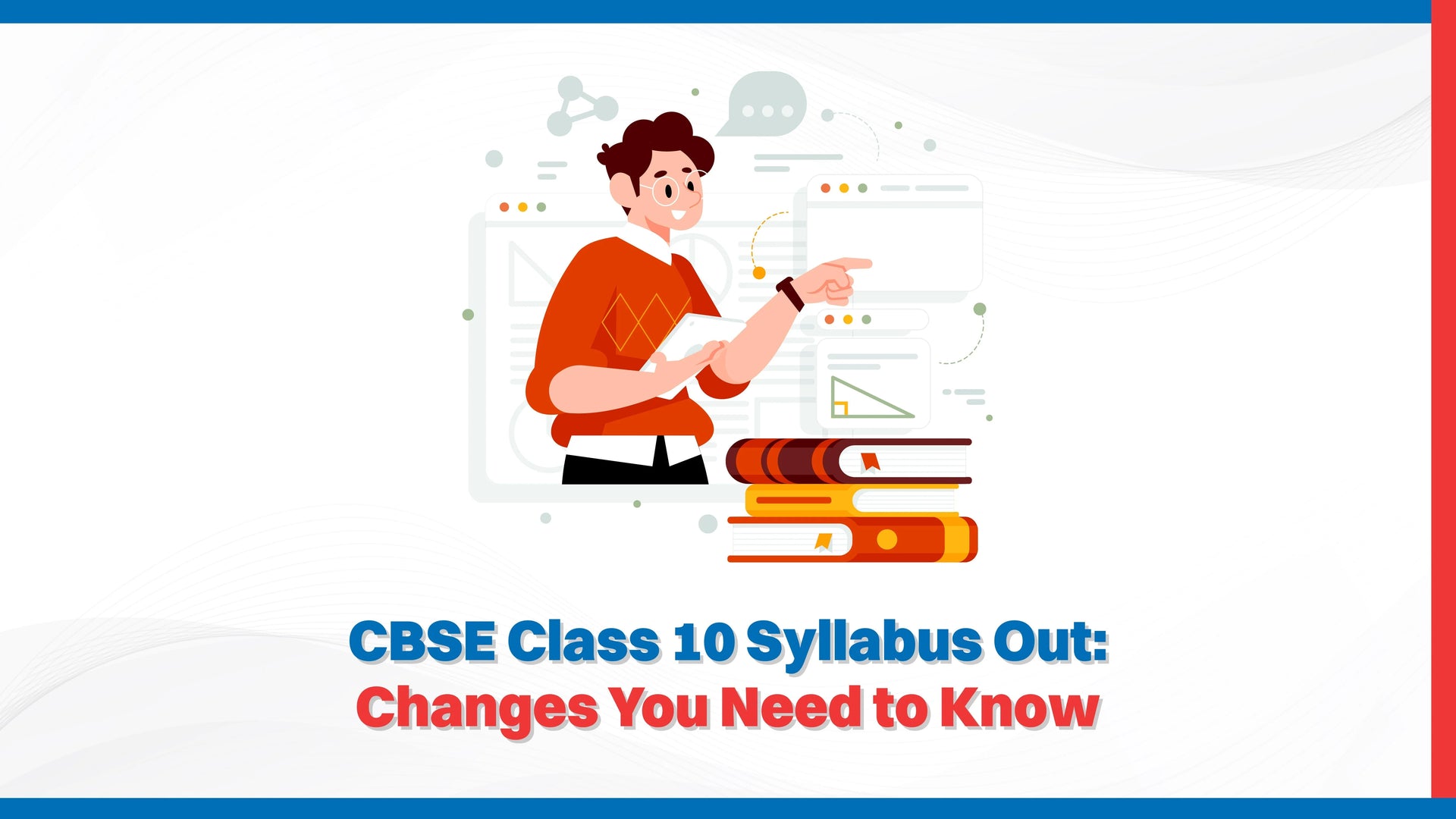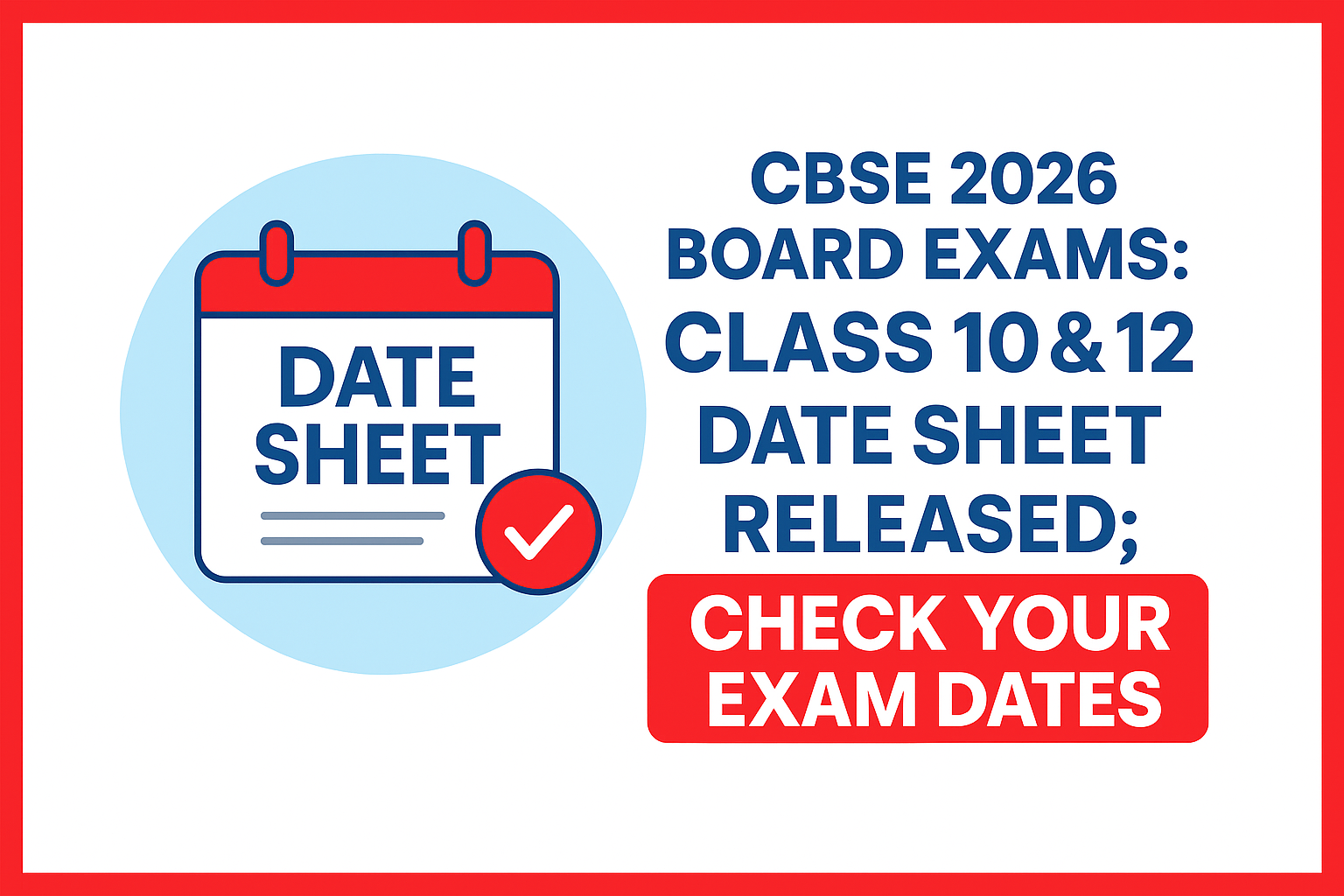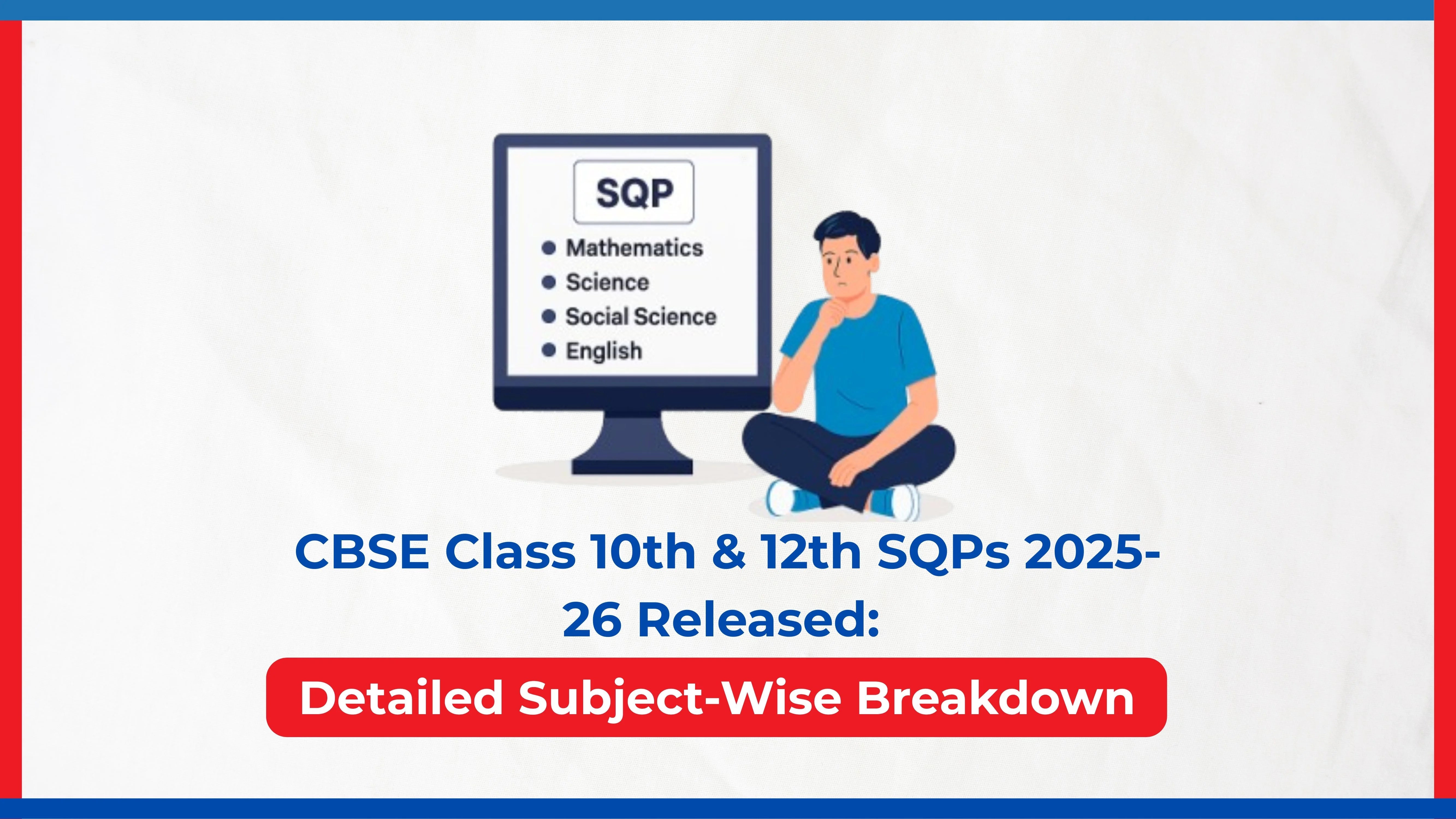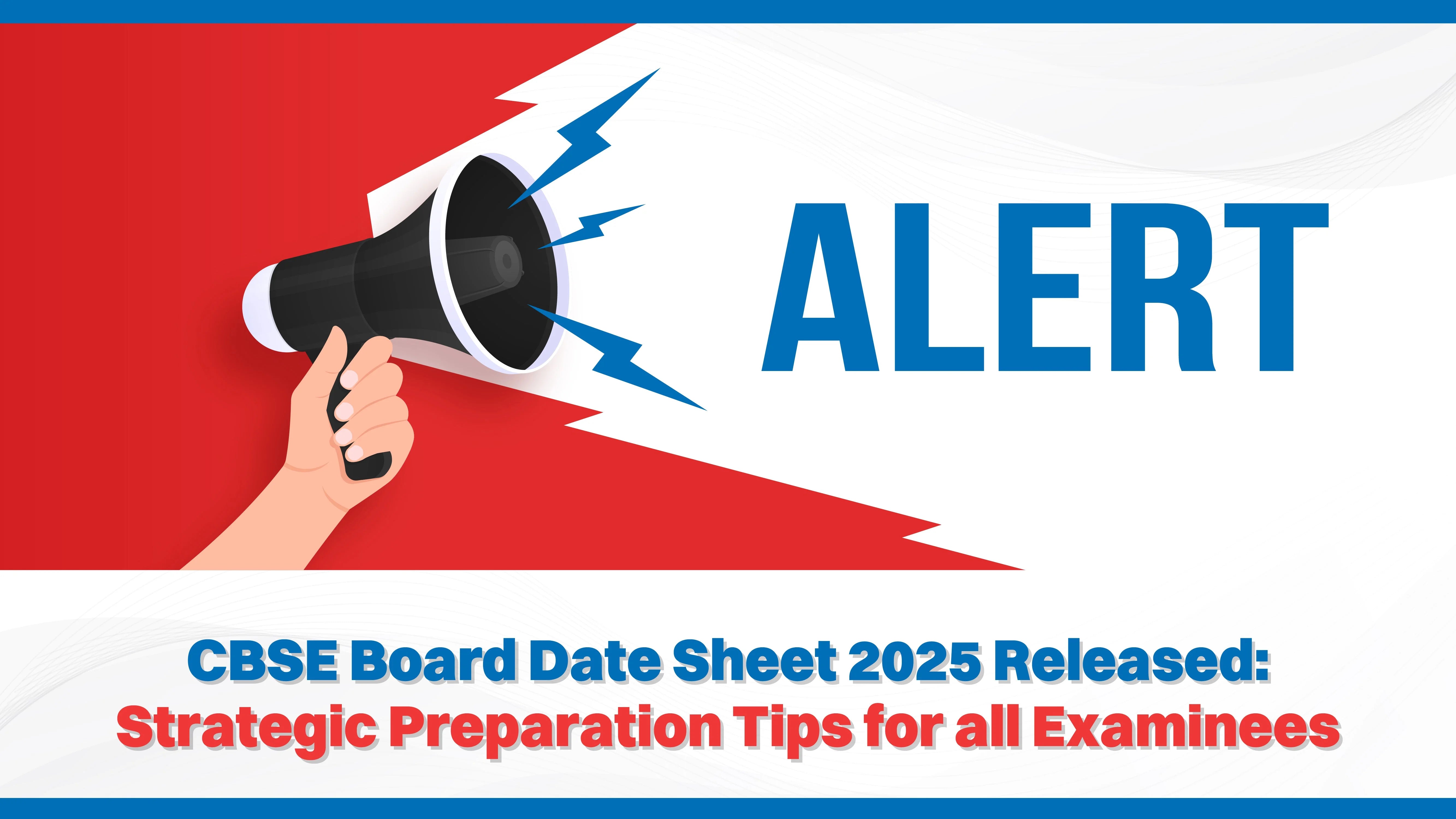The CBSE Class 10 syllabus for the academic session 2025-26 has been officially released, bringing a sense of relief to students, parents, and educators. Unlike previous years, where syllabus revisions brought uncertainty, this time, no major changes have been introduced. This stability ensures that students can continue their preparation without disruptions.
However, the focus remains on competency-based learning, emphasizing conceptual clarity, analytical thinking, and real-life application of knowledge. With this shift, students must gear up for more case-study and application-based questions in their exams. Here’s everything you need to know about the latest syllabus update.
Minimal Changes in the CBSE Class 10 Syllabus
The CBSE has decided not to rectify the syllabus extensively, keeping it almost the same as the previous year. While students and teachers anticipated potential modifications, the board has maintained consistency. This ensures that students can continue their preparation without any major disruptions.
|
Aspect |
Status |
|
Syllabus Revision |
No major changes |
|
Exam Policy |
Two-exam policy under review |
|
Focus Areas |
Core competencies, case-based studies |
|
Competency-Based Questions |
Essential for self-assessment and concept clarity |
No Major Changes in the CBSE Class 10 Papers
CBSE Class 10 papers will follow a familiar pattern, with no drastic modifications in the question format or weightage distribution. The assessment pattern remains largely the same, ensuring that students can use the previous years’ CBSE Class 10 papers and question banks effectively for practice.
Two-Exam Policy Still Under Review
Whether CBSE will introduce a two-exam policy or not is still under discussion. However, there’s no official confirmation yet. Until further notice, students should continue their preparations according to the single exam format.
Greater Focus on Core Competencies
CBSE has been emphasizing competency-based education, which means students will need to focus more on understanding concepts instead of rote learning.
How the New Syllabus Enhances Conceptual Learning
-
Questions will be framed to test conceptual clarity.
-
Case-study-based questions will become more prominent.
-
Application-based learning will be encouraged.
-
CBSE Question Bank Class 10 will be an essential resource to practice competency-based questions.
Case Study-Based Evaluation: A New Approach
One of the significant aspects of the revised assessment pattern is the increased focus on case-study-based questions. These questions will integrate science, ethics, and social science to test students’ analytical and reasoning skills.
Examples of Case Study-Based Questions
|
Scientific Development |
Social Science & Ethics Angle |
|
Marie Curie’s Discovery of Radioactivity |
How scientific advancements impact human life, health, and ethical concerns related to radiation exposure. |
|
Edward Jenner’s Smallpox Vaccine |
The historical impact of vaccinations, ethical dilemmas in medical trials, and public health improvements. |
|
Treatment of Mental Illness in History |
Ethical concerns, social stigma, and the evolution of psychology as a scientific discipline. |
These case studies will require students to apply their knowledge of science in real-world scenarios while considering ethical and societal implications.
How to Prepare for the CBSE Exam 2026?
Here are some tips to help students complete their preparation effectively:
-
Use CBSE Question Bank Class 10: Since the syllabus hasn’t changed significantly, previous years’ question banks remain highly relevant. Focus on solving a variety of questions, including case studies and competency-based problems.
-
Practice CBSE Class 10 Papers: Solving past year papers will help students familiarize themselves with the exam pattern and identify important topics.
-
Improve Analytical Thinking: Focus on understanding concepts deeply rather than memorizing facts.
-
Stay Updated: Keep an eye on CBSE notifications regarding any further modifications in the assessment pattern.
-
Engage in Group Discussions: Discussing topics with peers can help improve comprehension and analytical skills.
Conclusion
While the syllabus remains largely unchanged, CBSE continues to emphasize competency-based learning and application-oriented assessment. Students should focus on conceptual clarity and critical thinking rather than rote memorization. Utilizing resources like CBSE Question Bank Class 10 and solving CBSE Class 10 Papers will be key to excelling in the exams.
Stay focused, keep practicing, and make the most of the available study materials. Happy learning!















I joined the Oswaal Student Ambassador Program to improve my academic career. It provides us lots of opportunities and gives the leadership skills to us. It provides various perks that help the students to feel motivated and do many tasks. It encourages them to be the part of this culture. Thank you for your support Oswaal.